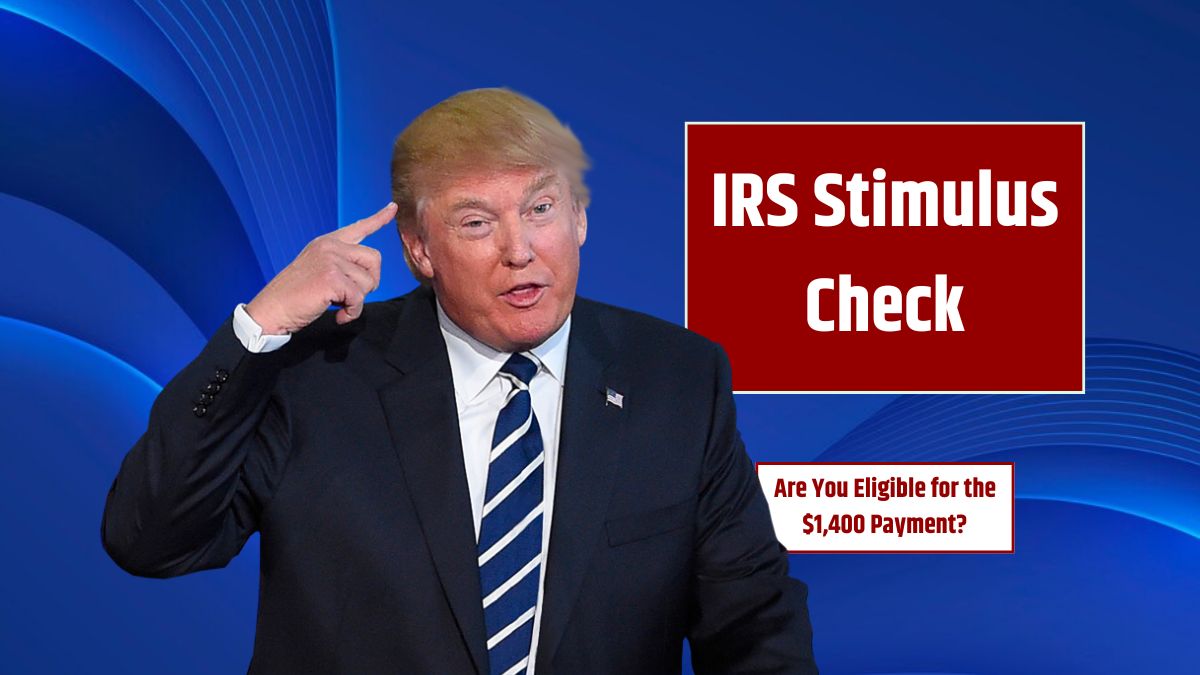Every year, Alaska residents look forward to one of the state’s most unique benefits—the Permanent Fund Dividend (PFD). For 2025, eligible residents can expect to receive a payment of $1,702, thanks to the state’s oil wealth. If you’re living in the Last Frontier, here’s your guide to claiming this year’s PFD, including who qualifies, how to apply, and what you need to watch out for.
Background
The Alaska Permanent Fund Dividend is a long-running program that distributes a share of the state’s oil and gas revenue to residents. Born out of a 1976 constitutional amendment, the PFD first issued checks in 1982. Since then, it has become a staple in Alaska life, helping households cover expenses and keeping the local economy moving.
For 2025, the dividend amount is set at $1,702, and it will be paid out around October. But don’t wait until then to take action—applications must be submitted by May 31, 2025.
Eligibility
So, who qualifies for the PFD check this year? The criteria are pretty straightforward but need to be followed closely.
You must:
- Have lived in Alaska for the entire 2024 calendar year
- Not have been absent from the state for more than 180 days, unless for qualified reasons (military service, education, etc.)
- Not have been convicted of a felony in 2024
- Meet income guidelines (typically under $80,000 for single filers)
Every eligible family member, including children, can receive the full amount. So if you have dependents, be sure to include them in your application.
Here’s a quick look:
| Criteria | Details |
|---|---|
| Residency | Lived in Alaska for full 2024 |
| Absence Allowance | No more than 180 days (unless qualified) |
| Felony Status | No felony convictions in 2024 |
| Income Limit | Under $80,000 for singles (guideline) |
| Dependents Eligible | Yes, each gets a full share |
Application
Applying for the PFD is simple but time-sensitive. Here’s how to get it done:
Step 1
Before you start, double-check that you meet all the requirements listed above.
Step 2
You’ll need proof of residency, your Social Security number, and info for dependents if applying for them too.
Step 3
You can apply online at the Alaska Permanent Fund website between January 1 and May 31, 2025. Mail-in applications are allowed, but online is faster and more reliable.
Step 4
After submission, you’ll receive a confirmation. If approved, your payment should arrive in October via direct deposit or check.
Step 5
Yes, it’s taxable. While Alaska has no state income tax, you’ll need to report the payment on your federal return.
Economy
The PFD doesn’t just benefit individuals—it plays a vital role in Alaska’s economy. Residents often spend their checks locally, boosting businesses, especially in smaller communities. It’s like a financial pulse that revives the economy each fall. Whether it goes to groceries, winter gear, or savings, that $1,702 makes a real impact.
Issues
No system is perfect. The PFD has sparked debates over its sustainability and how the funds should be used. Some believe the money could better serve the public through state services, especially as oil revenues decline. Still, many residents rely on the yearly payout and see it as a rightful share of the state’s wealth.
Denials
If your application gets denied, don’t panic. You can appeal. Just visit the official PFD site and follow their appeal process. You may need to submit extra documents to prove eligibility. Act quickly though—deadlines are strict.
The Alaska PFD is more than just a check—it’s a reminder that the state values its people and wants them to benefit from its resources. With $1,702 on the table in 2025, make sure you meet the deadlines, follow the rules, and secure what’s yours.
FAQs
When will I get the $1,702 check?
Payouts begin in October 2025 for approved applicants.
Who qualifies for the 2025 PFD?
Alaska residents who lived in-state all of 2024.
Is the PFD taxable income?
Yes, it must be reported on your federal tax return.
How do I apply for the PFD?
Apply online at the Alaska Permanent Fund website.
Can children receive the dividend?
Yes, each eligible dependent can receive the full amount.











